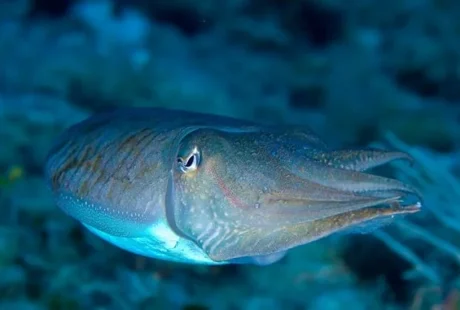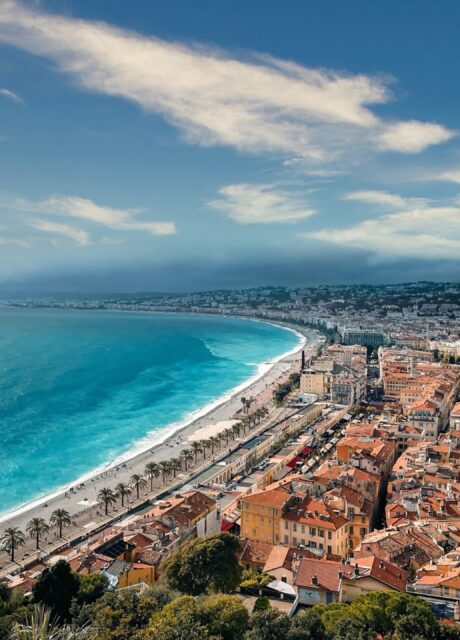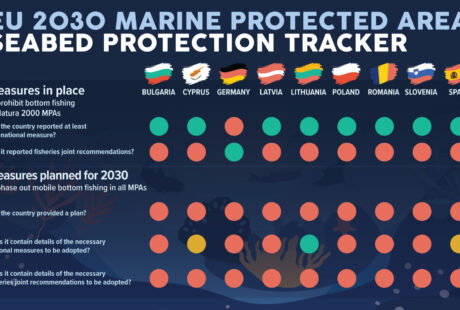A successful European Green Deal must protect the ocean, as was also made clear in an open letter by 50 NGOs to Ms von der Leyen, President-elect of the European Commission, Mr Michel, President-elect of the European Council and Mr Sassoli, President of the European Parliament and the recent Council Conclusions on Oceans and Seas.
The ocean produces more than 50% of the oxygen we breathe, is the main food source for more than 3.5 billion people and we depend on it to regulate our climate. It has absorbed over 90% of the heat trapped by our carbon dioxide emissions and, as the world’s largest active carbon sink, has sequestered over 30% of the carbon from those emissions, slowing down the warming of our planet. This is why we need marine ecosystems to be rich in fauna, flora and genetic biodiversity so that they can perform their natural functions and help us by mitigating the worst effects of the climate breakdown.
Currently, we are taxing the health and immune system of the ocean through multiple stressors, as clearly described in the recent IPPC Special Report on the Ocean and the Cryosphere. We need to remove the stressors now so that it stands the best chance of enduring the consequences of the climate breakdown. It is like curing pneumonia to better fight cancer.
The European Green Deal, therefore, must include the following ocean-based climate solutions in a specific ‘Ocean resilience’ section:
- We need to end overfishing and shift European fisheries to low-impact fishing. On top of environmental benefits, rebuilt fish populations could increase EU fleet’s profitability up to €4.64 billion per year (compared to €0.1 billion at unsustainable fishing levels) and around 20,000 new jobs could be created. The starting point is a full implementation of the Common Fisheries Policy.
- We need a clean, pollution-free ocean. European policies must ensure that companies and communities stop releasing plastics, organic pollutants, excess nutrients and hazardous substances that reach the sea and poison marine life. Shipping activities will also have to drastically reduce their emissions of greenhouse gas, noise and waste, ultimately becoming zero-emission. A pollution-free ocean requires the full implementation of the Water Framework Directive and the REACH regulation, an ambitious revision of the Common Agricultural Policy and the rapid transposition and implementation of the Directives on the reduction of the impact of certain plastic products on the environment and on Port Reception Facilities. It also requires EU leadership on clean shipping at the International Maritime Organization.
- We need to protect marine biodiversity inside a continuous network of well-managed Marine Protected Areas, and create the conditions for healthy marine ecosystems in the whole ocean. We need 30% of the EU’s maritime area to be protected against human impacts by restricting them to harmful activities. Full implementation of the Birds and Habitats Directives is critical. In the rest of the ocean, the planning of human activities should support the restoration of thriving marine ecosystems, as required by the Marine Directive. Certain activities, such as deep-sea mining and oil and gas extraction, are as incompatible with our climate as they are to marine life and need to be stopped altogether.
It is possible to build the resilience of the ocean to climate breakdown by removing the stressors within our control. Bringing an end to overfishing and pollution in all its forms and preventing further biodiversity, ecosystem and habitat loss are essential measures within our reach.
The Green deal should include a chapter on ocean resilience with these priority measures to secure the necessary political commitment and give Europe the chance to act as a global leader to inspire change worldwide in a decisive decade.
Posted on: 26 November 2019



